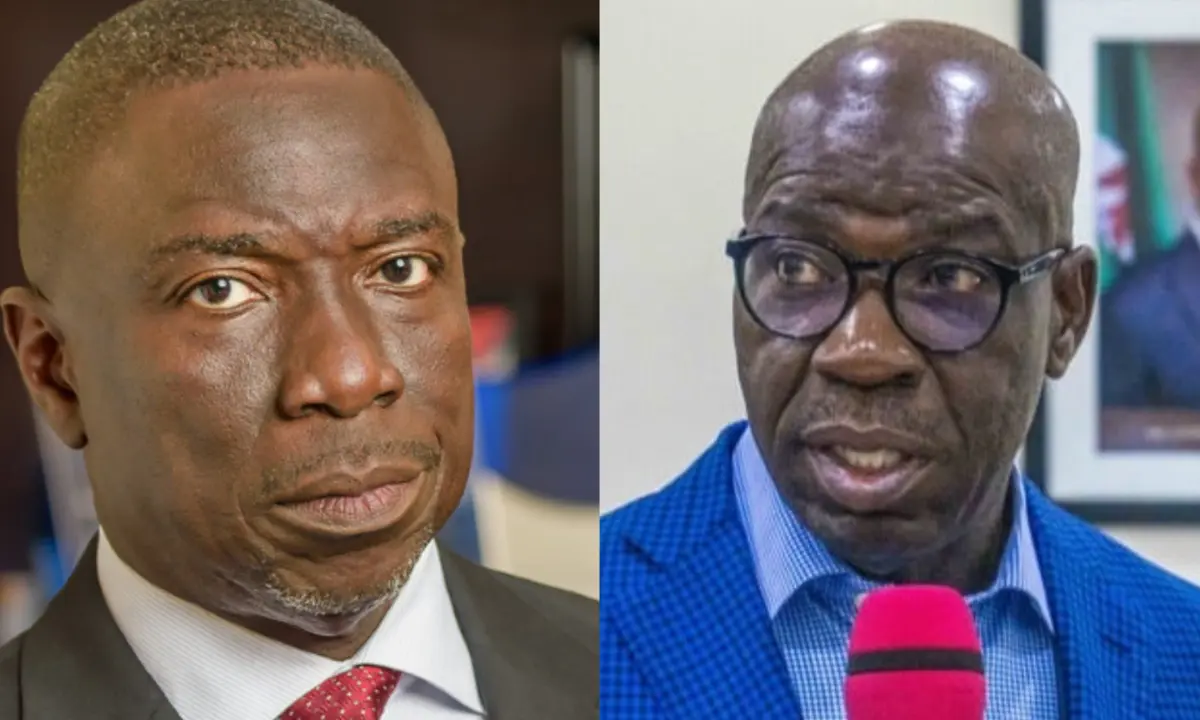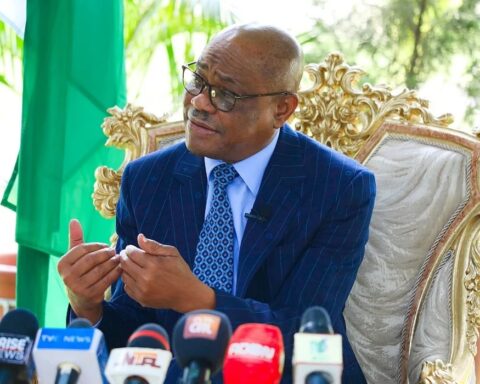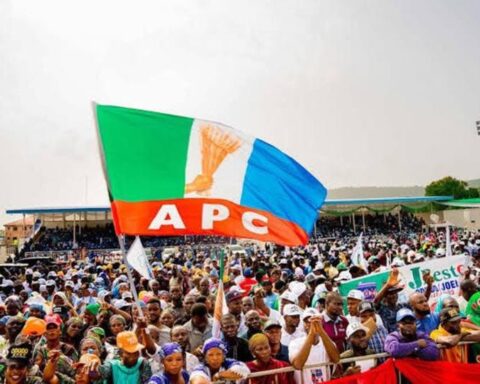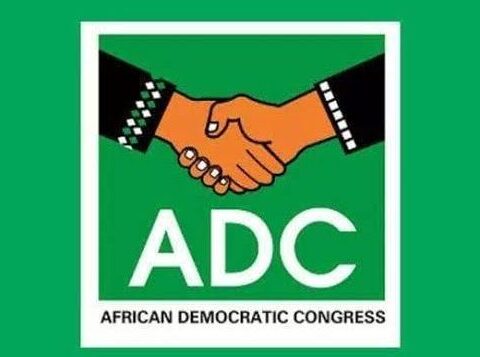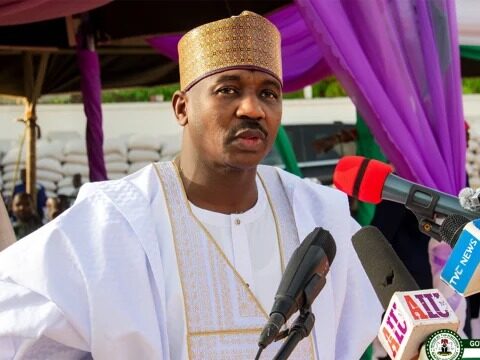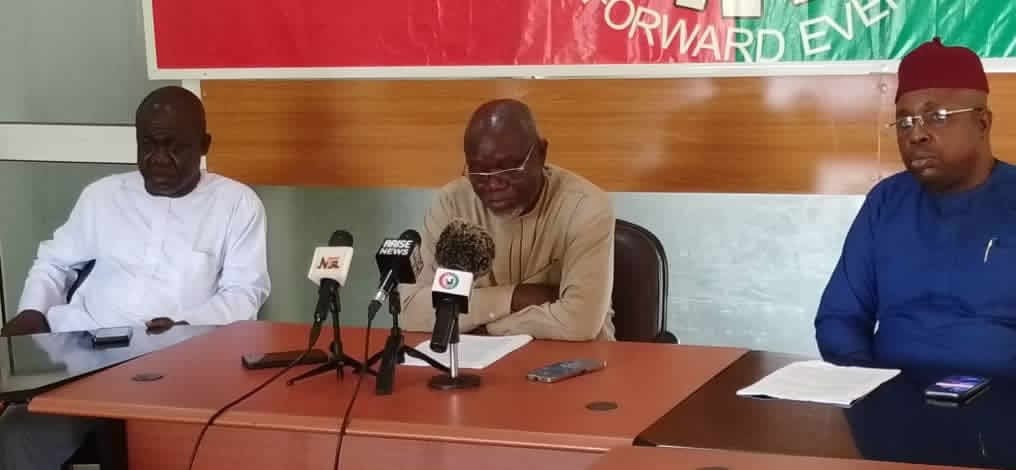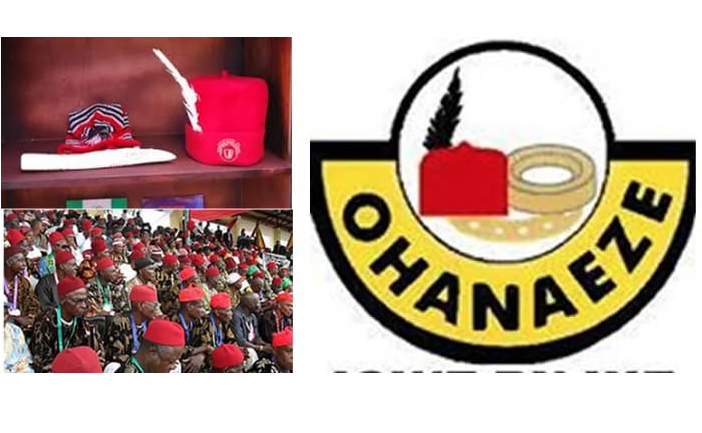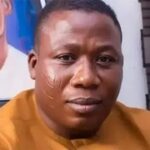By ADEMOLA TIJANI
The gubernatorial election in Edo State has concluded, with Senator Monday Okpebholo, the candidate of the All-Progressives Congress (APC), emerging victorious over Dr. Asue Ighodalo of the People’s Democratic Party (PDP). Both were the primary contenders in the race.
The remarkable aspect of the election was not just that the power of incumbency failed to deliver the desired outcome, but also that it mirrored situations in other states where sitting governors were decisively defeated by challengers. A recent example is Osun State, where Governor Gboyega Oyetola lost to Senator Ademola Adeleke. While some political factors were cited as contributing to that result, these circumstances may also explain why incumbents or their chosen successors have struggled to retain power in other states.
The Governor of Edo State, Godwin Obaseki, may have made a significant political miscalculation that has ultimately led the Peoples Democratic Party (PDP) to experience a severe defeat in the recently concluded election. This blunder could be seen as a critical turning point for the party, contributing to its challenges in securing a favorable outcome.
Godwin Obaseki succeeded the previous Governor, Comrade Adams Oshiomhole, who is not only a former Governor of Edo State but also a former national president of the Nigeria Labour Congress (NLC). Oshiomhole’s tenure and political influence have undoubtedly shaped the state’s political landscape, and Obaseki’s actions in the lead-up to the election may have inadvertently alienated key supporters, resulting in the PDP’s unfortunate downfall.
Obaseki was a close associate of Adams Oshiomhole and held the position of Chairman of the Edo State Economic and Strategy Team during Oshiomhole’s administration, which spanned from 2009 to 2016.
Obaseki’s role as the head of the Edo State Economic and Strategy Team enabled him to collaborate closely with Adams Oshiomhole on vital development initiatives and reforms designed to transform the state’s economy. His extensive background in investment banking, finance, and economics positioned him as a valuable asset to Oshiomhole’s administration. As they worked together on various projects, this professional relationship not only enhanced the effectiveness of their economic strategies but also significantly strengthened Obaseki’s influence within the political landscape of Edo State. Over time, his close association with Oshiomhole helped him to establish a prominent standing in the state’s political circles, paving the way for his subsequent political aspirations.
As Adams Oshiomhole’s second term approached its end in 2016, Obaseki became the man to watch as it soon became obvious that Oshiohmole was eyeing him as his possible successor, a decision that was to be significantly influenced by Obaseki’s technocratic background, his dedication to economic reforms and his proven ability to effectively manage the state’s economy. Oshiomhole was convinced that Obaseki possessed the competence and vision necessary to carry on the developmental progress that his administration had initiated. This endorsement was crucial in shaping the political landscape of Edo State during that transition period.
After Godwin Obaseki took office as the Governor of Edo State, tension between him and his predecessor, Adams Oshiomhole, began to emerge gradually. Oshiomhole had established a significant legacy in the state, characterized by major infrastructure projects and a robust political foundation. However, it quickly became apparent that Obaseki’s leadership style diverged notably from the approach taken by Oshiomhole.
As a technocrat, Obaseki emphasized governance and reform, prioritizing critical areas such as economic management, administrative restructuring, and the strengthening of state institutions. This focus marked a shift in priorities, leading to differences in how both leaders viewed governance and interpreted the political landscape of Edo State. While Oshiomhole’s style had been more assertive and politically driven, Obaseki’s methodical approach aimed at creating sustainable development through effective governance. Consequently, these contrasting perspectives created a rift that affected their working relationship and the broader political dynamics within the state.
The first public indications of strain in the relationship between Obaseki and Oshiomhole began to surface around 2018. During this time, Obaseki initiated a significant restructuring of the political system in Edo State, which involved sidelining many individuals who had been loyal supporters and associates of Oshiomhole. This shift did not go unnoticed; Oshiomhole’s allies voiced their concerns, alleging that Obaseki was intentionally marginalizing them and their influence within the state’s political framework.
As these changes unfolded, it became increasingly apparent that Obaseki was seeking to assert his independence and break free from the political influence of his predecessor. The actions taken by the Governor were interpreted by many as a clear attempt to establish his own authority and direction for the state, distinct from Oshiomhole’s legacy. This growing rift created an atmosphere of tension and conflict, as former allies found themselves at odds, and the political landscape of Edo State began to shift dramatically.
One of the most significant incidents that underscored the growing rift between Obaseki and Oshiomhole was the Edo State House of Assembly crisis in 2019. This crisis unfolded in a highly controversial manner, as only a portion of the elected lawmakers were sworn in, effectively excluding many members who were believed to be loyal to Oshiomhole. The situation garnered national attention and was widely perceived as a power struggle between Obaseki and his predecessor.
Supporters of Obaseki contended that the Governor was acting to assert his authority and shield the state from external influences. In contrast, Oshiomhole’s camp accused Obaseki of undermining democratic principles in a bid to marginalize those loyal to Oshiomhole. This clash not only intensified the conflict between the two leaders but also raised concerns about the state of democracy in Edo State, further complicating the political landscape.
The conflict between Governor Obaseki and Oshiomhole quickly escalated to the national stage, particularly within the APC. At that time, Oshiomhole was serving as the National Chairman of the party, and his fraught relationship with Obaseki became a significant point of contention among party members. Efforts to mediate between the two leaders proved unsuccessful, and the divide only grew wider.
Obaseki accused Oshiomhole of attempting to exert his influence over the Edo State government from behind the scenes, undermining the Governor’s authority. Meanwhile, Oshiomhole’s allies contended that Obaseki was abandoning the political structures and alliances that had initially propelled him to power. This desire for independence, coupled with Obaseki’s initiatives to restructure the political system in Edo, further intensified the existing tension, creating a more volatile political environment within the party.
By 2020, the political landscape had become sharply divided. As the governorship election approached, Godwin Obaseki sought re-election under the banner of the APC. However, in a dramatic turn of events, he was disqualified from participating in the APC governorship primaries by the party’s screening committee, which cited alleged discrepancies in his academic certificates. This disqualification was widely perceived as a maneuver orchestrated by Adams Oshiomhole, who was serving as the national chairman of the party.
Obaseki accused Oshiomhole of masterminding his disqualification, asserting that it was politically motivated. He characterized the APC’s actions as a deliberate attempt to prevent him from securing a second term, arguing that it stemmed from his refusal to submit to Oshiomhole’s political control.
Following his disqualification from the APC, Obaseki made a strategic decision to defect to the opposition PDP. The PDP embraced him wholeheartedly, quickly granting him the party’s ticket to contest the governorship election. This defection represented a significant political shift in Edo State, marking a definitive break in Obaseki’s relationship with both the APC and Oshiomhole.
The Edo governorship election in September 2020 emerged as a referendum on the feud between Adams Oshiomhole and Godwin Obaseki. Oshiomhole, who had previously supported Obaseki, shifted his allegiance to Pastor Osagie Ize-Iyamu, the APC candidate. The election was highly contentious, with both sides engaging in a fierce exchange of accusations and counter-accusations.
Obaseki, running on the PDP platform, presented himself as the people’s candidate, opposing what he termed “godfatherism” and political interference, directly challenging Oshiomhole’s influence. In a surprising turn of events, Obaseki secured victory, defeating Ize-Iyamu and earning a second term as Governor.
After his re-election, Obaseki quickly moved to strengthen his grip on Edo State politics. His victory was widely interpreted as a rejection of Oshiomhole’s political dominance. Throughout his second term, Obaseki further distanced himself from Oshiomhole’s legacy, focusing on institutional reforms and governance while criticizing the patronage politics associated with his predecessor.
Emboldened by his success, Obaseki may have believed he had solidified his political influence in the state, reveling in the triumph of securing a second term independent of Oshiomhole’s control. He might have also hoped that his political capital could be transferred to Asue Ighodalo.
But, alas, that political capital or lack thereof became Ighodalo, the PDP candidate’s undoing in the Saturday, September 21 Edo governorship election: it is instructive, for instance, that PDP lost in its former stronghold, Oredo, Obaseki’s local government area which, together with Egor and Ikpoba-Okha, is directly under the cultural and political control of the revered Oba of Benin with whom Obaseki has since fallen out. In the end, PDP managed to win in Ikpoba-Okha, losing the two key local government areas of Oredo and Egor to the APC.
The lessons from the just-concluded Edo guber are basically two: One is that incumbency as an electoral factor is losing its potency. Edo has proved that, with Osun and Abia as the other examples where the ruling parties were also defeated by the opposition towin the governorship. The second is that the referendum may no longer be on parties going forward: it is not about whether people of Edo hate the PDP but whether they were prepared to entrust their political and economic future in the hands of a PDP candidate projected by Obaseki whom the people christened MOU Governor for always signing agreements but never implementing them. It is not about the people liking APC either but about their willing to bet on Okpebholo’s political and social standing as a man of the people as likely to serve them well under his governorship.
In other words, going forward, for both the people of Edo and Nigerians as a whole, the choice must be based on the candidates’ abilities not their party’s popularity or lack thereof.
